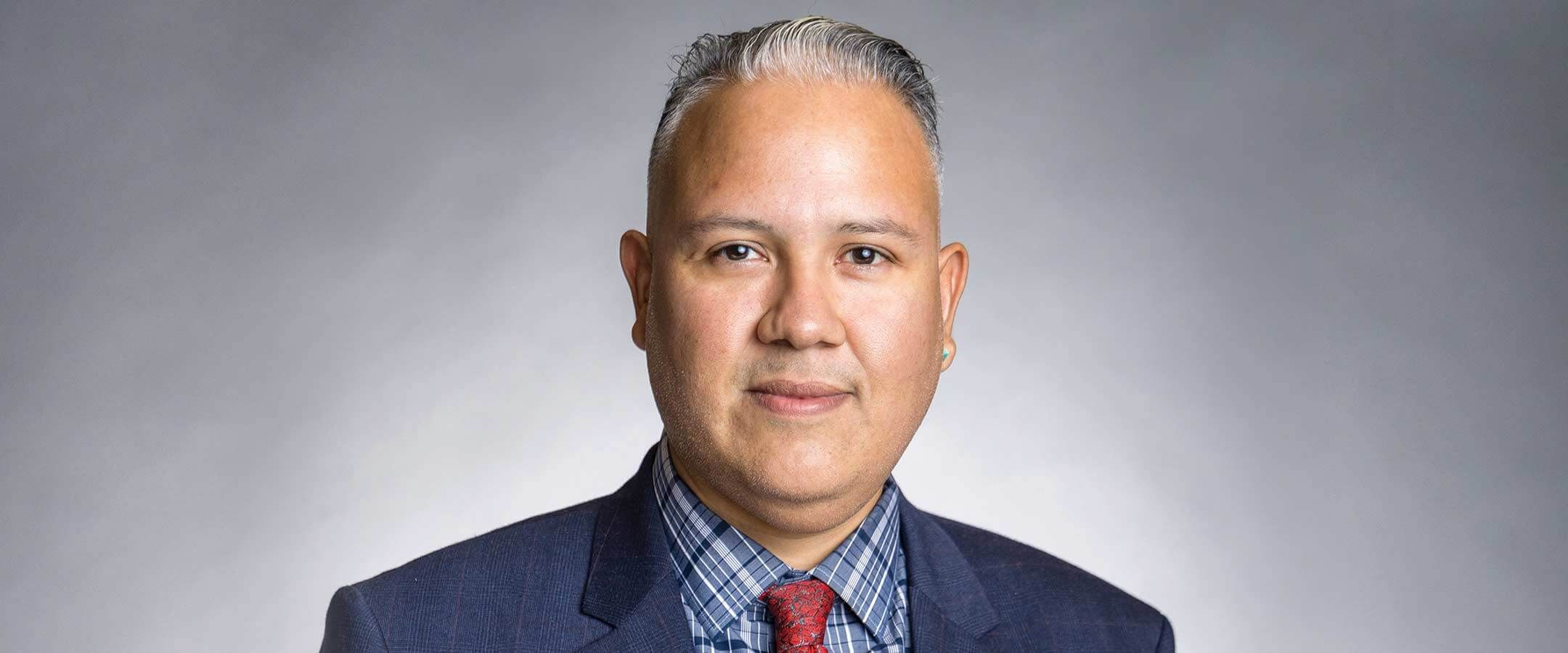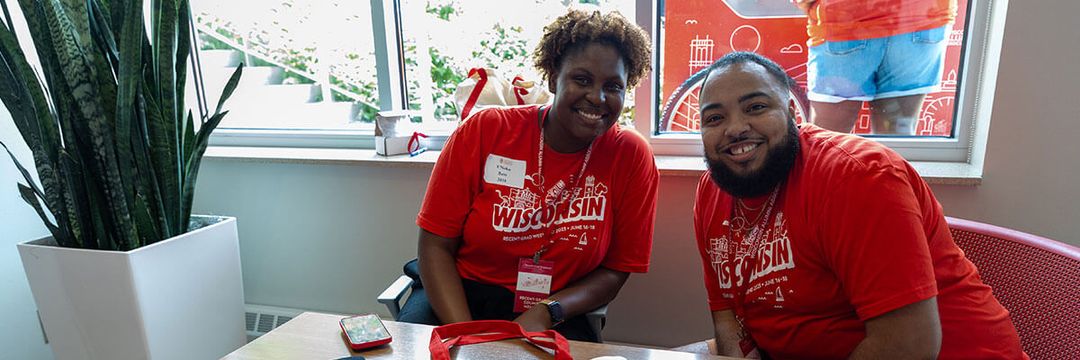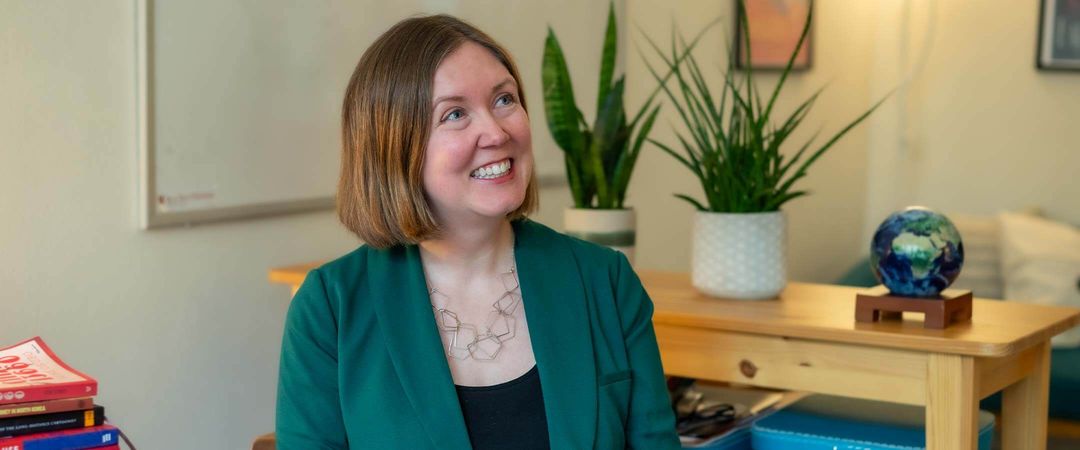As a young man, Edward D. Vargas used his family’s mixed heritage to navigate between cultures while growing up in San Antonio, Texas. That experience would shape his life’s work.
Vargas's father descended from Spanish, Mexican, and Indigenous families who settled in Texas in the late 1600s. His mother immigrated to the United States from Mexico in the 1980s. She had intended to name her son “Edwin” after a relative, but because of her broken English, the nurse wrote “Edward” on the birth certificate, and the name stuck.
“I grew up in this household where it was both a very long tradition of being an American and being Texan, and then also one where my mother came here as an immigrant,” Vargas says. “I was in between these two worlds.”
Living between worlds gave Vargas an early understanding of both the joys and the challenges faced by Latinos in America. After earning his master’s degree in public health at UW–Madison, Vargas dedicated his career to studying how health and well-being in Latino communities are impacted by inequality and misinformation. He now serves as an associate professor of transborder studies at Arizona State University, focusing his research on vulnerable families and the accessibility of resources meant to support them regardless of immigration status.
How did you decide to attend UW–Madison?
Love will make you do some crazy things. (His wife, Viridiana Benitez, attended UW–Madison to pursue a postdoctoral degree.) I said, “You know what? I’m just going to quit my job, and I’m moving to Madison.” Later, my wife [told me about a] postdoc in the School of Medicine and Public Health. … Next thing you know, we’re living in Madison.
What did you study in your initial research in your field?
I was looking at how people utilize social services like WIC (a nutrition program for women, infants, and children) and Medicaid. These are public health services. I was looking particularly at families who are in mixed status. These are families [in which] some people have U.S. citizenship status and other people don’t. I work with the children because they’re born here — they are U.S. citizens, and their parents are undocumented — which was similar to my own story of being born here, being a U.S. citizen, but my mother not having papers until later on. I was in Head Start as a child. Later on, at school, I had free and reduced lunch. I was always part of these programs that I didn’t know, come 30 years later, I would be [studying].
When did you identify the links between health and immigration policies and families?
I was really interested in helping families navigate these programs to make their lives better, which led me to my study that I’ve been focused on for the early part of my career: why is it that parents who need programs and help — just a little bit of help — are not engaging in getting WIC, Medicaid, food stamps, or other programs, even though their children are eligible? [The parents think], “Well, I can’t because I could get deported.” [But] that’s not true. If you believe that you live in a place that’s anti-immigrant, then maybe you’re going to feel like you’re being hunted, like you’re always on guard about driving at night or fearing that maybe you leave for work and you’re not going to come home because of a raid, for example. It also leads to you not going to the doctor like you should because they might ask about immigration status.
What direction has your research taken since?
It just got announced that we got some funding from the Bill and Melinda Gates Foundation to focus on Latino faculty and students in higher education. What I’m most excited about [with] this work is the intersection of being Latino and having a disability in higher ed. This is a really interesting research question for me because, while we’re just looking at higher ed., we know from past research that there are large disparities of mental health coverage [and] mental health access to physicians and professionals prior to going to college. In other words, Latinos are less likely to be screened and diagnosed for learning disorders, and they’re less likely to have insurance coverage to go get screened and served. Students with disabilities are the largest minority protected class at higher ed. institutions … but I think the intersection of being a racialized minority and having a disability creates its own challenges, particularly for those who have been basically uninsured and unscreened. It is a lot to take on if you’re a college-age kid and if you’re first generation and you didn’t even know you had a disability or learning challenge because nobody ever told you that.










